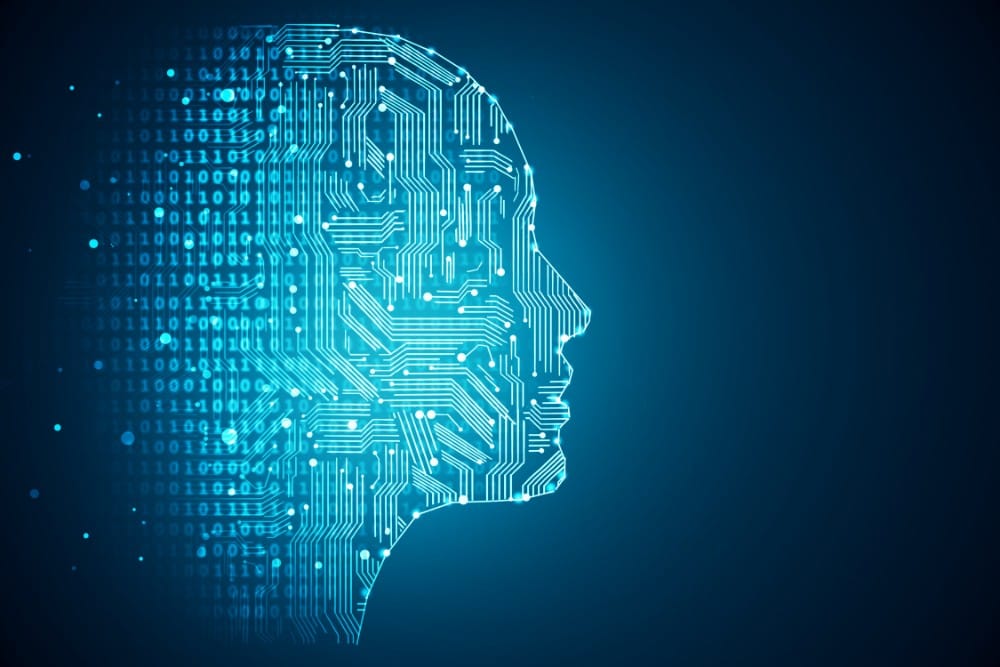
How Does Sugar Impact Your Brain?
The brain uses more energy than other organs in the body. Glucose is the source of fuel. What happens when the brain is exposed to too much sugar in a person’s diet can have ramifications throughout a person’s body. Learn more about how this works and the effects sugar has on the brain.
Brain and Sugar
The brain cannot handle excess sugar. It impairs cognitive skills and self-control. Sugar has a drug-like effect in the reward center of the brain. Scientists have proposed that sweet foods can produce addiction-like effects in the human brain. In early humans, this stimulus helped lead them to calorie-rich foods, which added survival when food was scarce. The behavioral and neurochemical characteristics of substance abuse and overeating are similar. The idea of food addiction is gaining ground among some scientists.
Excess Sugar
Excess sugar wreaks havoc on the body. Even a single instance of elevated glucose on the bloodstream can be harmful to the brain, resulting in slowed cognitive function and memory deficits. Sugar impacts mood. In healthy young people, the ability to process emotion is compromised with elevated blood glucose. Type 2 diabetics increased feelings of sadness and anxiety during episodes of having elevated blood sugar.
Glucose and the Brain
Elevated blood glucose harms blood vessels. Blood vessel damage is the major cause of vascular complications of diabetes, leading to other problems like damage to blood vessels in the brain and eyes, causing retinopathy. Frequent exposure to high glucose levels diminished mental capacity. Higher sugar consumption is associated with lower scores on tests of cognitive function. Any sugar added to food is dangerous.
Checking Foods
When thinking about the impact of excess sugar, it is important to review what is in your diet. Agave, honey, and maple syrup can have an impact on your blood sugar levels, as well. By eating fresh fruit, we get the sweetness and bonus of the fiber and phytochemicals without the sugar surge that kicks up the bloodstream. It is important to notice how you feel when you eat certain foods and figure out how to amend your diet so you are eating whole foods, fruits, and veggies rather than focusing on over-processed foods.
The Palmetto Center is based on a Therapeutic Community model. We help people learn how to live free of addiction. Our community support provides structure while trained counselors offer life skills training and therapeutic techniques to help you move past addiction. Our program provides special focus for professionals including chiropractors, nurses, doctors, lawyers, and more who need help with addiction recovery. Call us to find out more: 866-848-3001.